Women Warriors In Mental Health: How A Community Supports Each Other’s Mental Wellness
Stressed at work? Because of family? You’re not alone and you can get the help you need
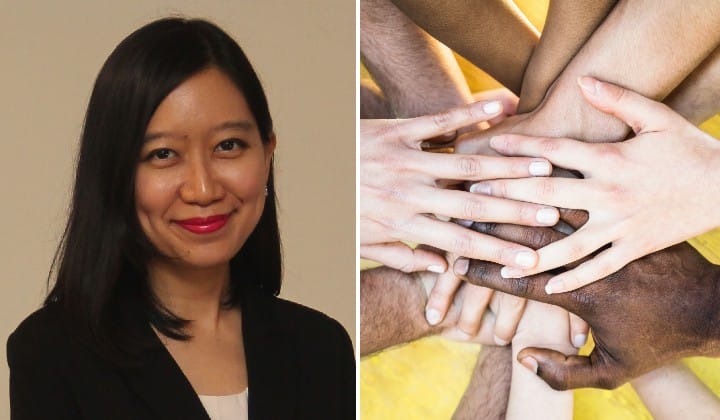
Subscribe to our Telegram channel for the latest stories and updates.
For many people, when they stop to think about where their stress comes from, it’s usually from outside sources: family, work, or friends. For Malaysians, the communities we are in shape our lives more than we realize.
Ellisha Othman is a clinical psychologist at SOLS Health – Thrive Well (SHTW), a community-based behavorial health centre. As the current Managing Director of SHTW, she is focusing on leading the organization to provide sustainable and accessible trauma-informed mental health services, especially to the marginalised and vulnerable population using a community development approach.
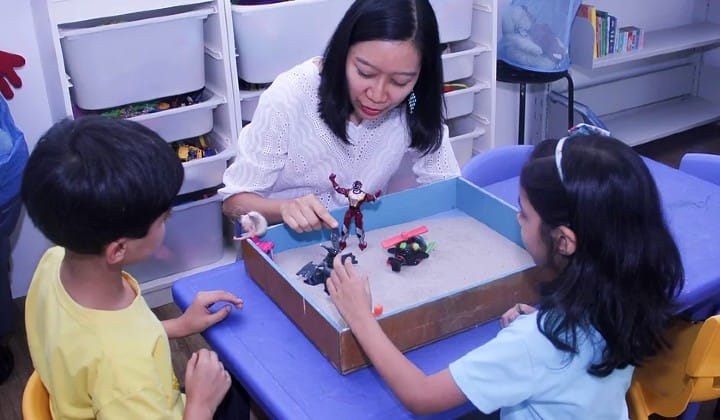
(Credit: SOLS Health)
Why focus on the power of community?
Ellisha is inspired by the principles of Adlerian psychology, which states that social determinants impact mental health of individuals.
Basically, mental health does not exist in a vacuum, the society and environment we live in affects our daily mental health. These existing systems can be your workplace, school, community groups, religious groups, social circle, and family.
It is especially pronounced in Malaysia because of how Malaysian (and most Asian) cultures are very family- and community-oriented. Having good relationships within our community is extremely important to Malaysians, which is why people are most often stressed out by problems within these communities, such as workplace conflicts or family issues.

(Credit: Freepik)
The struggles faced by Malaysians
Sadly, mental health still carries a stigma in Malaysia and is not taken seriously. Culturally, mental illness is a problem spoken about at large, but unacceptable if it happens to your own family, as it causes the family to lose face and respect. This stigma, especially when expressed by family members, makes things worse: after all, family is supposed to be a source of support, not stress.
This kind of stigma easily carries over to the workplace, which can negatively impact someone’s career or job opportunities. At the same time, treatment is expensive and often not covered by insurance plans or employee benefits, making it inaccessible for most people.
Ellisha cautions that mental health also can’t be solved with a temporary fix. Proper care and results for better mental health required long-term healing, which requires supportive infrastructure and holistic integration from health professionals and social services.
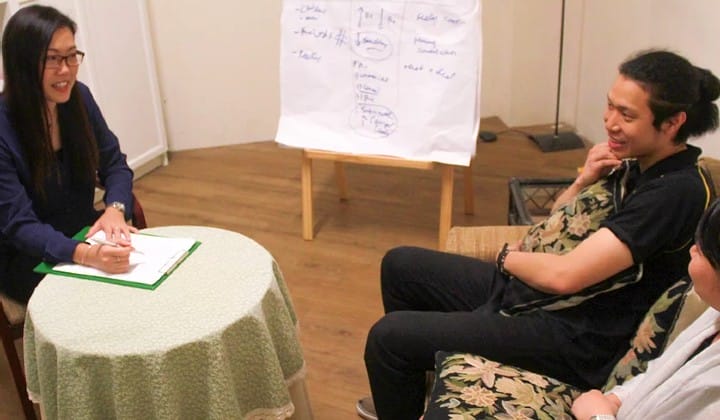
(Credit: SOLS Health)
While things are slowly changing for the better, many Malaysians still find it a “failure” or a “weakness” to admit to their mental health challenges and needing to see a mental health practitioner.
It is true that everyone has bad days or face various stressors. However, if a person’s depressed mood or anxiety is lasting and constant for more than several weeks or has an impact on their work, family life, or social life; then they should seek professional help.
Ellisha urges parents and guardians to take children’s moods seriously as well, as they too can feel pressures from various outlets. This is crucial, especially if changes in their behaviour are noticable and significant.
In the workplace, everyone is affected- men AND women.
Women face more stress in general, as sociocultural expectations expect women to excel at handling multiple responsibilities at once. They must be good employees, mothers, wives, daughters, and caretakers all at once, often managing all these responsibilities alone.
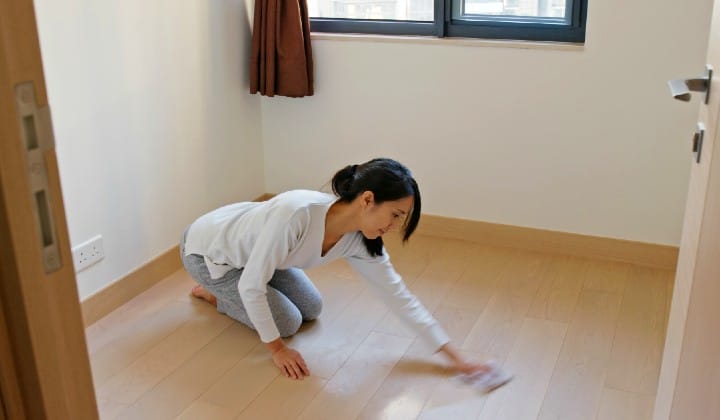
(Credit: Freepik)
Additionally, they also face more workplace stress that isn’t commonly faced by men, such as sexual harassment, discrimination due to gender stereotypes, glass ceilings that hinder their careers, pay differences, or lack of understanding during pregnancy or childcare.
This results in women experiencing mental health issues more commonly, such as depression, anxiety, or somatic complaints.
Ellisha Othman to TRP
However, men are also affected, but differently. It has been suggested that men are more likely to turn to substance abuse in the form of alcohol or drugs. These substances are often used as a coping mechanism or pressure to ‘fit in’ with work culture.

(Credit: Pixabay)
Women struggle alone
There are some struggles that most women go through alone, however.
According to studies, Malaysian women often suffer their emotional struggles relating to pregnancy and childbirth alone. Culturally, pregnancy and childbirth is considered an event of great joy and ultimate fulfillment, and feeling negative emotions around this period is heavily stigmatized.
As a result, 14%-20% of Malaysian mothers suffer from postpartum depression without receiving help from their husbands or family members, even though they are some of the most important sources of support for new mothers.

(Credit: Freepik)
Additionally, rates of domestic violence spiked during MCO periods. Domestic violence ranges from 4% to 35% in various studies, and it is important to note that domestic violence is not always physical, but is often psychological or emotional abuse.
How a supportive community can change a person
Many people don’t realize how much their lives can improve through professional help, and instead only think about carrying the struggle alone.
Concerned employers can also make a great change, says Ellisha. One of SOLS Health’s clients was an employee who was exceptional at her job, but she had a very high rate of absenteeism.
Her employer wanted to help her, and referred her to SOLS Health. During her session, she shared that the reason for her absenteeism was because she was struggling alone with a child demonstrating difficult behaviour. She was a single mother and could not find a childcare that would take in her child while she goes to work, resulting in her high absenteeism rate, which also impacted her earnings.
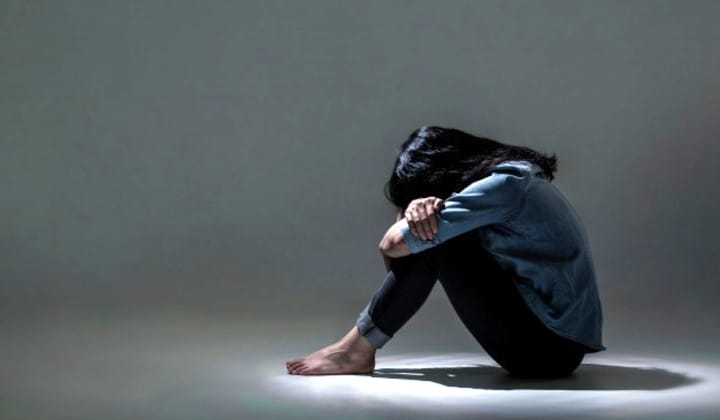
(Credit: Freepik)
Further assessment from a paeditrician diagnosed her child with autism, and she was introduced to childcare services with the skills and resources to handle autistic children, which relieved her of her burden.
Thanks to her bravery to share her struggles, both mother and child have better chances to succeed in life. She is now better equipped to care for her child and is also able to perform well at work without the mental stress at home, while her child can grow and learn with professionals suited to their needs.
You are never alone
SOLS Health is a health organization open to everyone, but made especially accessible for the most vulnerable, such as B40 families, single parents, or others who struggle to find accessible mental health help.
The Rakyat Post is partnering with leading Malaysian mental health NGOs & Social Enterprises to fundraise for Malaysia’s first Community Mental Health Fund. Donate to this cause and be rewarded with e-mental health info pack, one-month trial of Thoughtfull & Naluri app or art therapy for disabled children. Go here to donate or volunteer now https://reward.pitchin.my/projects/community-mental-health-fund #MYMinda
Share your thoughts with us on TRP’s Facebook, Twitter, and Instagram.
Anne is an advocate of sustainable living and the circular economy, and has managed to mum-nag the team into using reusable containers to tapau food. She is also a proud parent of 4 cats and 1 rabbit.








